This post is part of a larger series on shopping and I want YOUR input!
Email me by clicking the button below to share your questions, thoughts and ideas.
Last month my husband and I went on a vacation to Japan. While walking around Harajuku, we passed a store with the most gorgeous dress in the window — it was the perfect shade of yellow, a little bit flouncy (but not too flouncy) and a cut that would be easy to take from day to night. The store was closed, but I immediately planned to go back the next day.
I have always been someone who finds shopping easy — clothes fit me really well (I’m a perfect size 8, don’t hate me, I know I’m privileged), fashion makes me happy, and I’m fast friends with salespeople. That ease that I feel in the States did not translate to Japan. I’m a giant woman in Japan. I’m a tall 5’9’’ (people tend to think I’m 6 feet tall, but I swear I’m not). The average height for women in Japan is 5’2’’. To top that off, I’m a good 35 pounds heavier than the average woman.
Needless to say, that perfect yellow dress didn’t fit — even in the largest size. Miraculously, I did find an olive dress that fit like a glove. I was feeling pretty proud of myself when we left the store, but a little later on I asked my husband what he thought about my shopping habits. I was sure he was going to say that I had grown a lot in that area since we first met and I was maxing out my cards at Nordstrom. I knew he wouldn’t say I was a minimalist, but I did expect some sort of recognition of the progress I’ve made. That did not happen. Instead, he told me he was a little worried about how I felt about shopping. He didn’t say that I was spending too much or buying things needlessly, but that he thought my feelings about my mother were too wrapped up in shopping and that meant that I sometimes spent purely on emotion. While you might be impressed by my husband’s emotional intelligence and guru-like understanding of my shopping impulses in this moment, I wasn’t feeling very impressed with him at all. I was feeling like I looked amazing in my chic olive Japanese dress and I had earned it.
But he was right – at least partly. Upon reflection, I haven’t actually made the progress I thought I had. I don’t let myself go into credit card debt over a pair of shoes, but I also don’t fully understand my own feelings around shopping.
I have determined this comes from two places:
So many of my happy memories of my mom involve shopping. I cannot count the number of times we went to the Oak Brook mall, spent the day trying on everything at BP/Nordstrom (me) and Talbot’s (her) and both went home feeling thrilled at the goodies in our shopping bags. Like any other parent-child relationship, my mom and I would sometimes fight, but there was something about an Anthropologie dressing room that seemed to dissolve any and all of our differences.
One of the ways I can still feel close to her, even after her death, is to pop into a store and try on a bunch of things. And buy – always buy.
Beyond that, I, like many others, connect my joy to having new things. I see pretty things and think to myself, “if only I had that, I would be happy.” Spoiler alert -- it doesn’t work. But it’s still an easy trap to fall into. In many ways this feeling is much more daunting to me than my grief over my mom. I can pinpoint the exact mom memories that shopping relates to and I can intellectually understand why I feel the way I do, but with materialism it gets a whole lot squishier.
Since returning from Japan, I’ve talked to lots of friends about these feelings and realized how far from alone I am. Not everyone has a dead mom, but many of us have memories wrapped up in what we wear. And almost all of us have feelings of inadequacy that we try to buy our way out of.
I want to expand this conversation out of my little circle and open it up to you. Do you have feelings about shopping you want to explore? Any nagging feelings you always get at the register? Any online shopping highs? LET’S TALK ABOUT IT!



